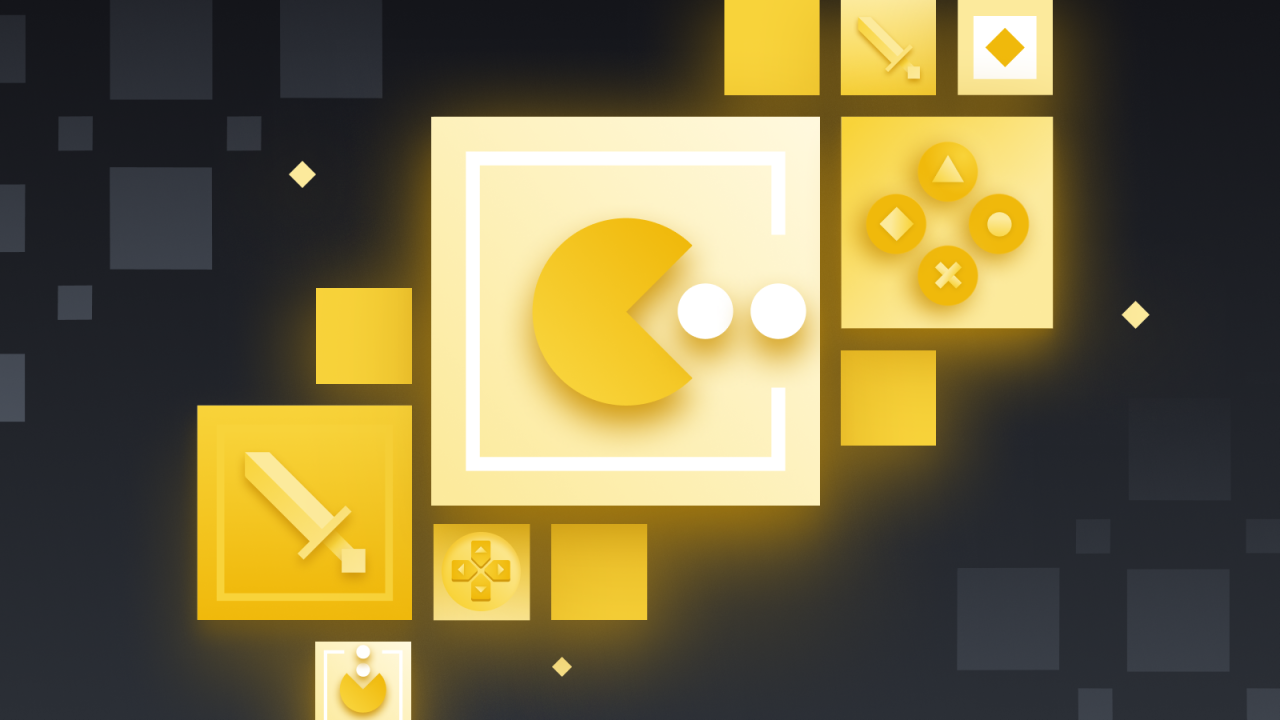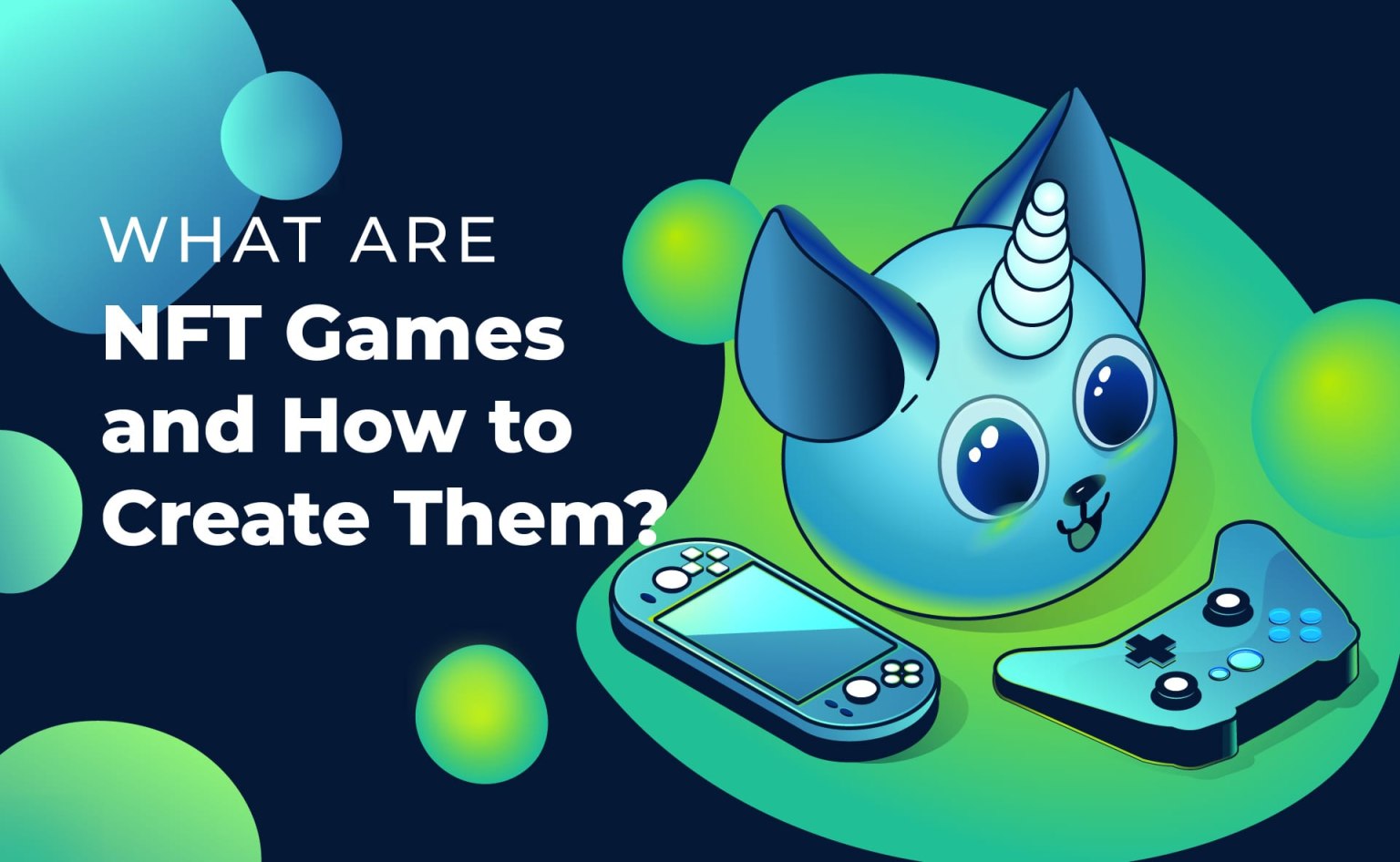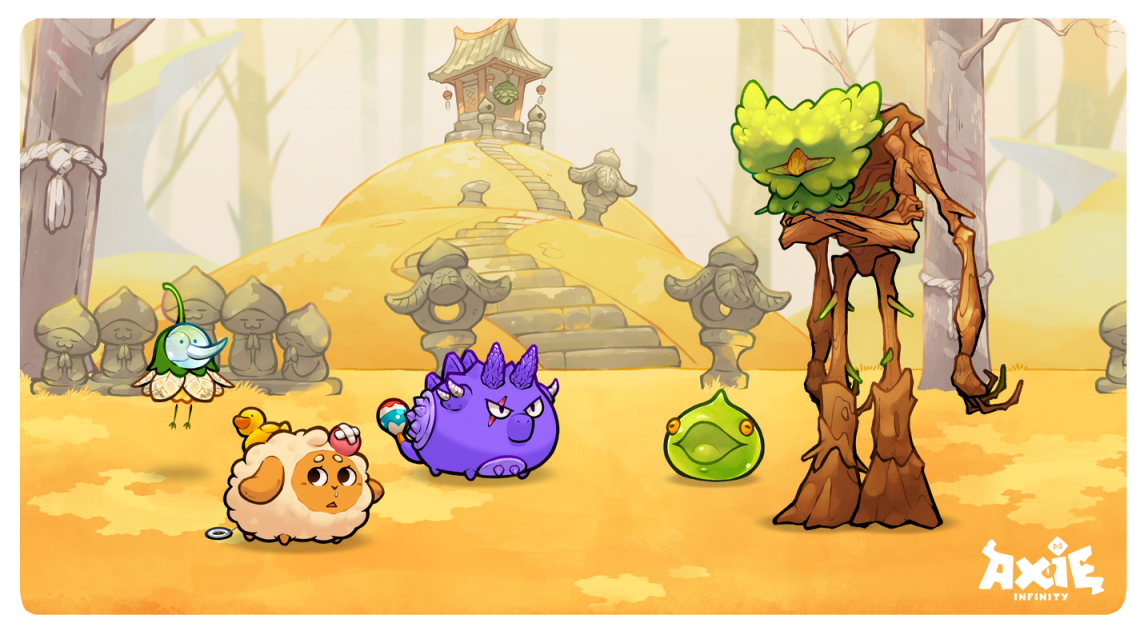What Are NFT In Games
Introduction
Hello, NFT Enthusiasts! Welcome to an exciting world where virtual assets have become the talk of the gaming community. In recent years, a new concept known as NFTs (Non-Fungible Tokens) has emerged as a game-changer in the gaming industry. NFTs have revolutionized the way players interact with digital items within games, allowing them to truly own and trade unique in-game assets. In this article, we will explore what NFTs are, their significance in gaming, and how they have reshaped the landscape of virtual economies. So, grab your gaming gear and let’s dive into the fascinating realm of NFTs in games.
What Are NFTs?
🔍 NFTs, short for Non-Fungible Tokens, are unique digital assets that are stored on the blockchain. Unlike cryptocurrencies such as Bitcoin or Ethereum, which are fungible and can be exchanged on a like-for-like basis, NFTs are indivisible and cannot be exchanged on a one-to-one basis. Each NFT has its own distinct value, properties, and ownership.

Image Source: bnbstatic.com
🔍 The ownership and authenticity of NFTs are verified and recorded on the blockchain, making them tamper-proof and transparent. NFTs can represent various types of digital assets, including collectibles, art, music, virtual real estate, and even in-game items.
🔍 To understand NFTs better, think of them as digital certificates of ownership that allow players to buy, sell, and trade unique virtual assets within games. These assets can range from rare weapons, character skins, or even virtual real estate within a game’s virtual world.
🔍 NFTs have gained significant popularity due to their ability to provide true ownership and scarcity in the digital realm. They have opened up new possibilities for game developers, players, and investors alike, creating a thriving market for digital assets.
Who Uses NFTs in Games?

Image Source: moralis.io
🔍 NFTs have captured the attention of various stakeholders within the gaming industry. Game developers, players, collectors, and investors have all dived into the world of NFTs, each with their own motivations and goals.
🔍 Game developers have embraced NFTs as a way to monetize their games and create additional revenue streams. By incorporating NFTs into their games, developers can offer players unique, scarce, and valuable in-game items that can be bought, sold, and traded.

Image Source: binance.vision
🔍 Players, on the other hand, are drawn to NFTs because they provide true ownership and the ability to earn real-world value from their in-game achievements. With NFTs, players can showcase their rare items, trade with other players, and even turn their virtual assets into real-world profits.
🔍 Collectors and investors have also entered the NFT market, seeing it as an opportunity to acquire rare and valuable digital assets. Just like collecting physical items such as trading cards or artwork, collectors can now collect and invest in unique digital items that hold cultural and financial value.
When Did NFTs in Games Gain Traction?
🔍 The concept of NFTs can be traced back to the early days of cryptocurrency, with the introduction of the Ethereum blockchain in 2015. Ethereum’s smart contract capabilities allowed for the creation and distribution of NFTs, paving the way for their adoption in various industries, including gaming.
🔍 However, it was not until 2017 that NFTs gained significant traction in the gaming community. The release of CryptoKitties, a blockchain-based game where players could buy, breed, and trade virtual cats, brought NFTs into the mainstream gaming world. CryptoKitties showcased the potential of NFTs in creating unique, collectible, and tradable in-game assets.
Where Can NFTs Be Used in Games?
🔍 NFTs have found their place in a wide range of games, spanning various genres and platforms. From casual mobile games to massive multiplayer online role-playing games (MMORPGs), NFTs have made their mark.
🔍 In-game marketplaces have emerged where players can buy, sell, and trade NFTs with ease. These marketplaces provide a platform for players to showcase their rare assets and connect with other players, creating a vibrant economy within the gaming community.
🔍 Virtual worlds and metaverses have also embraced NFTs, allowing players to own and trade virtual real estate, artwork, and other unique digital assets. These virtual worlds offer players a sense of ownership, creativity, and social interaction, further enhancing the gaming experience.
Why Are NFTs in Games Significant?
🔍 NFTs have brought a new level of ownership, scarcity, and value to the gaming industry. They have empowered players by giving them true ownership of their in-game assets, allowing them to monetize their time, skills, and achievements.
🔍 NFTs have also opened up new opportunities for game developers to generate revenue and create more immersive gaming experiences. By integrating NFTs, developers can tap into the growing demand for unique and valuable digital assets, creating a sustainable ecosystem for their games.
🔍 Furthermore, NFTs have sparked a cultural and artistic movement within the gaming community. Artists, musicians, and creators can now express themselves through digital artwork, music, and collectibles, connecting with a global audience and monetizing their creations.
How Do NFTs in Games Work?
🔍 NFTs work by utilizing blockchain technology, specifically the Ethereum blockchain. Each NFT is represented by a unique token that holds metadata, such as the asset’s properties, ownership history, and authenticity.
🔍 Smart contracts, which are self-executing contracts with predefined conditions, govern the creation, ownership, and transfer of NFTs. These smart contracts ensure that the ownership of NFTs is transparent and verifiable.
🔍 When a player acquires an NFT within a game, the ownership of that digital asset is recorded on the blockchain. This ownership record is immutable, meaning it cannot be altered or tampered with.
🔍 NFTs can be bought, sold, and traded on various online marketplaces, with each transaction recorded on the blockchain. These marketplaces provide a secure and transparent environment for buyers and sellers to engage in the trade of NFTs.
Advantages and Disadvantages of NFTs in Games
Advantages:
1. 🌟 True Ownership: NFTs give players true ownership of their in-game assets, allowing them to monetize their virtual achievements and create real-world value.
2. 🌟 Scarcity and Exclusivity: NFTs provide scarcity and exclusivity to in-game items, making them more valuable and desirable to players.
3. 🌟 New Revenue Streams: NFTs offer game developers new revenue streams through the sale of unique digital assets, creating a sustainable business model.
4. 🌟 Creative Expression: NFTs enable artists, musicians, and creators to monetize their digital creations, fostering a thriving artistic community within the gaming world.
5. 🌟 Enhanced Gaming Experience: NFTs enhance the gaming experience by allowing players to customize their characters, showcase rare items, and engage in a vibrant virtual economy.
Disadvantages:
1. ⚠️ Environmental Impact: The energy consumption associated with blockchain networks, such as Ethereum, has raised concerns about the environmental impact of NFTs.
2. ⚠️ Market Volatility: The value of NFTs can fluctuate greatly, leading to potential financial risks for investors and collectors.
3. ⚠️ Lack of Regulation: The NFT market is relatively new and lacks comprehensive regulation, resulting in potential scams and fraudulent activities.
4. ⚠️ Exclusivity and Inequality: The high prices of some NFTs can create exclusivity and inequality within the gaming community, limiting access for certain players.
5. ⚠️ Potential Bubble: Some experts have raised concerns about the possibility of an NFT bubble, where prices may become artificially inflated, leading to a market collapse.
FAQs About NFTs in Games
Q1: Can I sell my NFTs for real money?
A1: Yes, you can sell your NFTs for real money on various online marketplaces that support NFT trading.
Q2: Are NFTs only used in blockchain games?
A2: No, NFTs can be used in both blockchain games and traditional games that integrate NFT technology.
Q3: Are NFTs a form of cryptocurrency?
A3: No, NFTs are not a form of cryptocurrency. While they may utilize blockchain technology, NFTs represent unique digital assets rather than fungible currencies.
Q4: Can I transfer NFTs between different games?
A4: It depends on the interoperability of the games. Some games allow the transfer of NFTs across different platforms, while others may have restrictions.
Q5: Are NFTs limited to gaming assets?
A5: No, NFTs can represent various types of digital assets beyond gaming, including art, music, virtual real estate, and more.
Conclusion
In conclusion, NFTs have revolutionized the gaming industry by bringing true ownership, scarcity, and value to virtual assets. They have created new opportunities for players, game developers, artists, and investors, reshaping the way we interact with digital content. While NFTs come with their advantages and disadvantages, they have undoubtedly made a significant impact on the gaming world and will continue to shape its future. So, whether you’re a gamer, collector, or investor, keep an eye on the exciting world of NFTs in games and explore the endless possibilities they offer.
Final Remarks
Disclaimer: The information provided in this article is for informational purposes only and should not be considered financial, investment, or legal advice. The NFT market is highly speculative, and individuals should conduct their own research and exercise caution when participating in NFT-related activities. Always consult with a professional advisor before making any financial decisions.